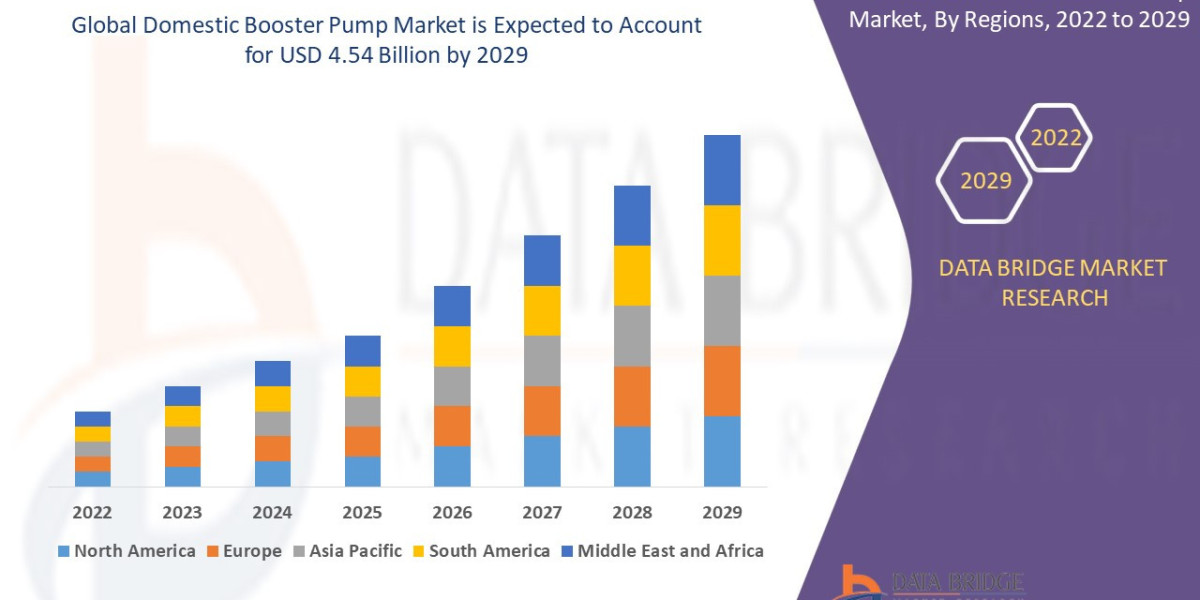As Saudi Arabia accelerates its economic diversification under Vision 2030, the Kingdom has emerged as a leading destination for foreign investment in the Middle East. To ensure transparency, accountability, and alignment with national goals, the Ministry of Investment (MISA) has introduced more stringent FDI reporting requirements for foreign-owned companies operating in the country.
If your business is part of Saudi Arabia’s foreign direct investment landscape—or planning company formation soon—understanding and complying with these reporting rules is not optional; it’s essential.
Understanding FDI Reporting Requirements
FDI reporting refers to the formal process through which foreign-invested entities disclose key information about their operations, capital, financial activities, and economic contributions to the Saudi authorities. In 2025, this requirement became more structured and mandatory, with the government linking compliance directly to license renewals and system access.
The initiative was introduced to:
- Track foreign capital inflows and performance
- Support policymaking and economic planning
- Promote accountability among foreign-owned enterprises
- Identify sectors that need regulatory or infrastructural support
MISA has made it clear that foreign-owned companies must submit quarterly FDI surveys and maintain updated records reflecting business operations in the Kingdom.
Inside the FDI Survey: What Needs to Be Reported
The FDI Survey is divided into five key sections, each requiring accurate, up-to-date data:
Company Profile – This includes legal structure (LLC, branch, etc.), CR number, ISIC code, ownership by nationality, and group affiliation.
Shareholder Equity – Firms must report paid-up capital, retained earnings, net profits/losses, dividends, and any changes in ownership or structure.
Cross-Border Financial Transactions – Details on capital inflows/outflows, dividend payments, and reinvested earnings must be included.
Intra-Group Transactions – Transactions with parent or sister companies such as royalties, service fees, and intercompany loans are reported here.
Foreign Assets and Liabilities – Information on loans, equity holdings, or obligations involving non-residents.
Documents Required for Accurate Filing
Accurate FDI reporting requires coordination between legal, accounting, and operations departments. Companies must prepare:
Valid CR certificate and MISA investment license
UBO (Ultimate Beneficial Ownership) report
Audited/unaudited financial statements
Shareholder registers and general ledger reports
Bank statements and agreements for cross-border or related-party transactions
Staying organized throughout the quarter ensures the FDI survey can be submitted error-free and on time.
Who Is Required to Report?
All companies with foreign ownership in Saudi Arabia—regardless of size or sector—are now required to complete regular FDI reporting. This includes:
- Wholly foreign-owned businesses
- Joint ventures with foreign shareholders
- Branches of international corporations
- Entities that have received foreign investment after incorporation
If your business falls into any of these categories and is registered with MISA, you are likely obligated to participate in the FDI survey program.
Why It Matters for New Companies
If you’re planning company formation in Saudi Arabia as a foreign investor, FDI reporting is something you need to integrate into your compliance strategy from day one.
New entrants must:
- Ensure their ownership structure and capital registration align with reporting formats
- Set up internal reporting systems to gather and validate quarterly data
- Understand how their activities will be monitored through MISA and related platforms
Ignoring these steps can create challenges during license renewals, expansion approvals, or while applying for incentives and exemptions.
How to Stay Compliant
To ensure your company remains in good standing with Saudi regulatory authorities, here are some best practices:
1. Track Deadlines
Mark your calendar with FDI survey due dates for each quarter. Late submissions may flag your business in the MISA system.
2. Standardize Internal Reporting
Ensure your finance, HR, and operations teams are aligned on the required data points for each survey submission.
3. Use the Right Platforms
The FDI reporting is primarily done via MISA’s official platform, but you may also be required to coordinate with other portals depending on your sector (e.g., ZATCA, GOSI, or Monsha’at).
4. Review Ownership Structures
Foreign investment reporting also ties into shareholding transparency. Make sure your company’s structure is clearly documented and accessible.
5. Seek Professional Assistance
FDI reporting may seem simple at first glance, but data integrity, formatting, and timing are critical. Any errors or gaps can result in licensing complications.
Where Helpline Group Comes In
Navigating Saudi Arabia’s evolving regulatory landscape can be overwhelming—especially for foreign investors unfamiliar with local norms and systems. That’s where Helpline Group steps in.
With over 25 years of experience in supporting international businesses across the GCC, Helpline Group offers:
✅ End-to-End FDI Compliance Support
We help foreign-owned businesses understand, complete, and submit quarterly FDI surveys accurately and on time.
✅ Company Formation in Saudi Arabia
From legal structuring to document preparation and MISA registration, our team simplifies the company formation process for you.
✅ Ongoing Regulatory Assistance
We ensure you stay updated with changing laws and reporting standards so your business remains fully compliant.
✅ Localized Expertise with Global Reach
With 10+ international offices and a strong presence in Saudi Arabia, we provide on-ground support backed by global insight.
✅ Risk Mitigation and License Renewal Assistance
Avoid penalties, delayed renewals, or restricted access to MISA services with our proactive reporting and compliance strategies.



